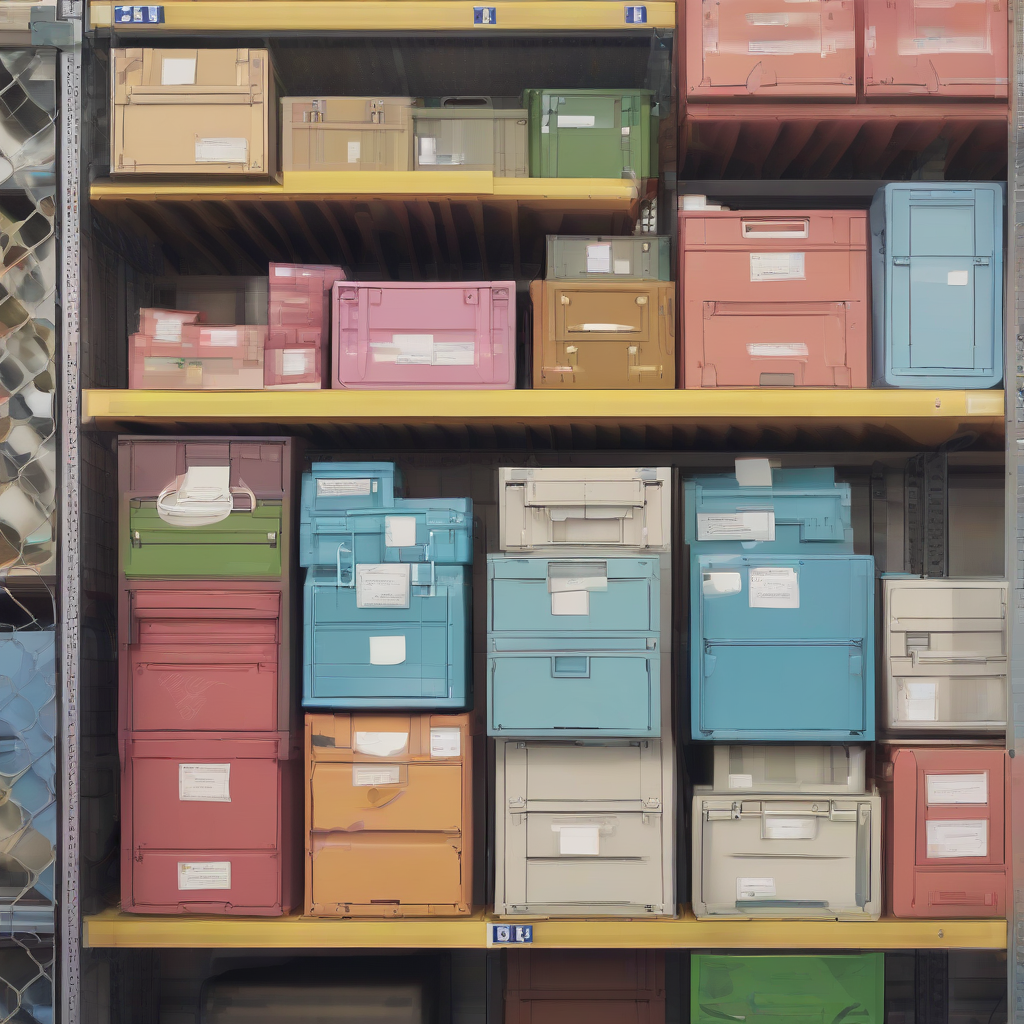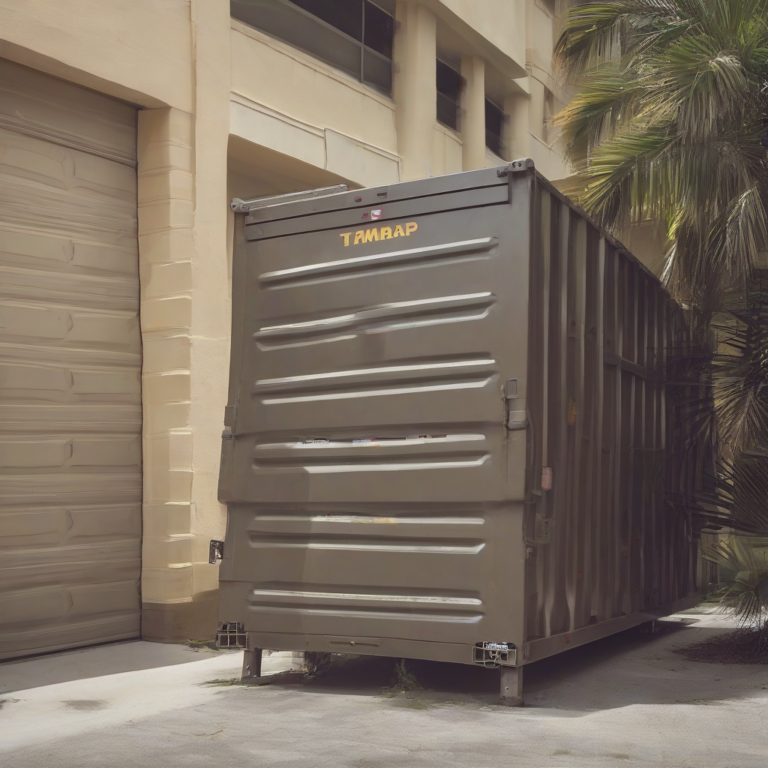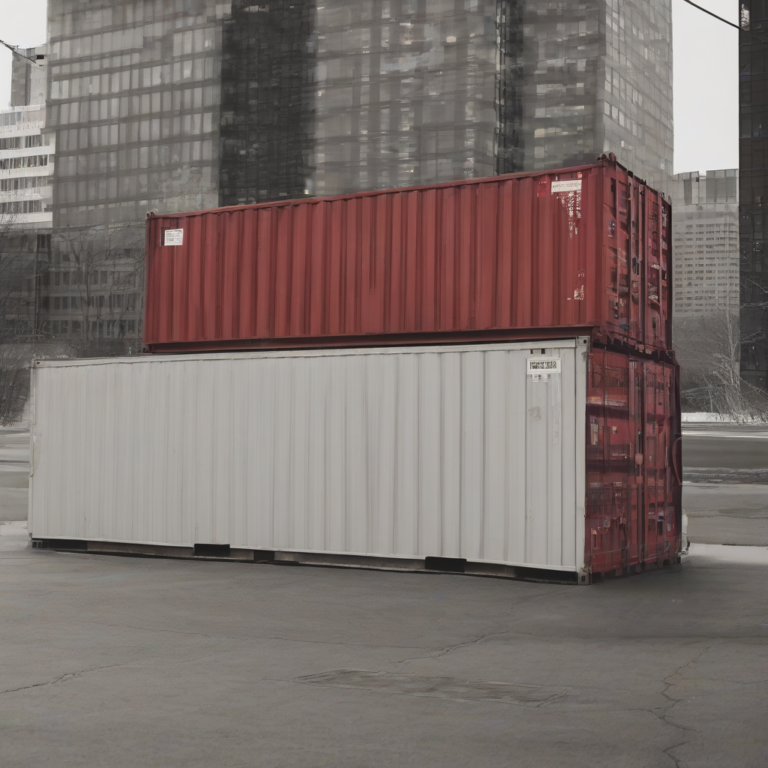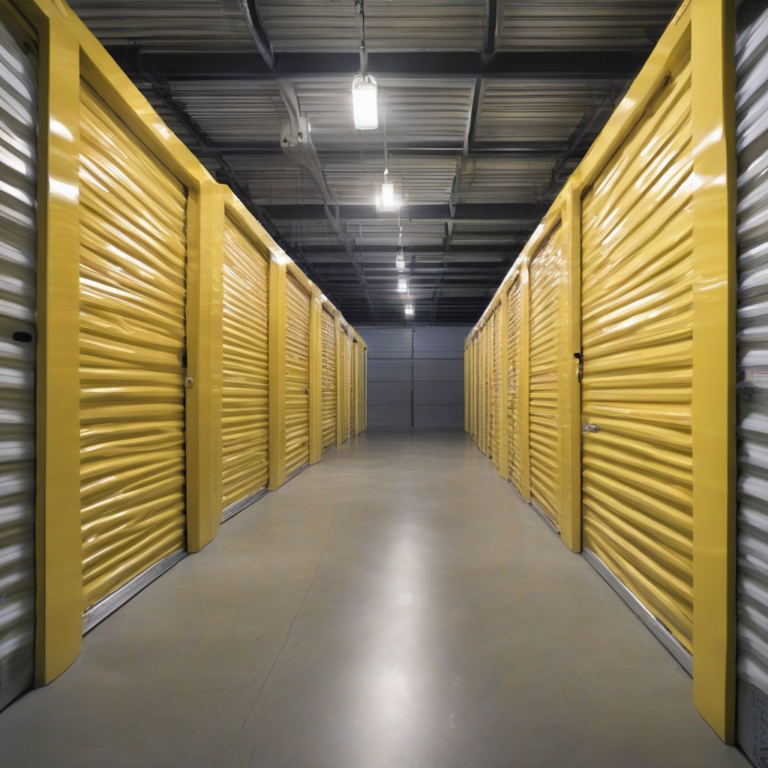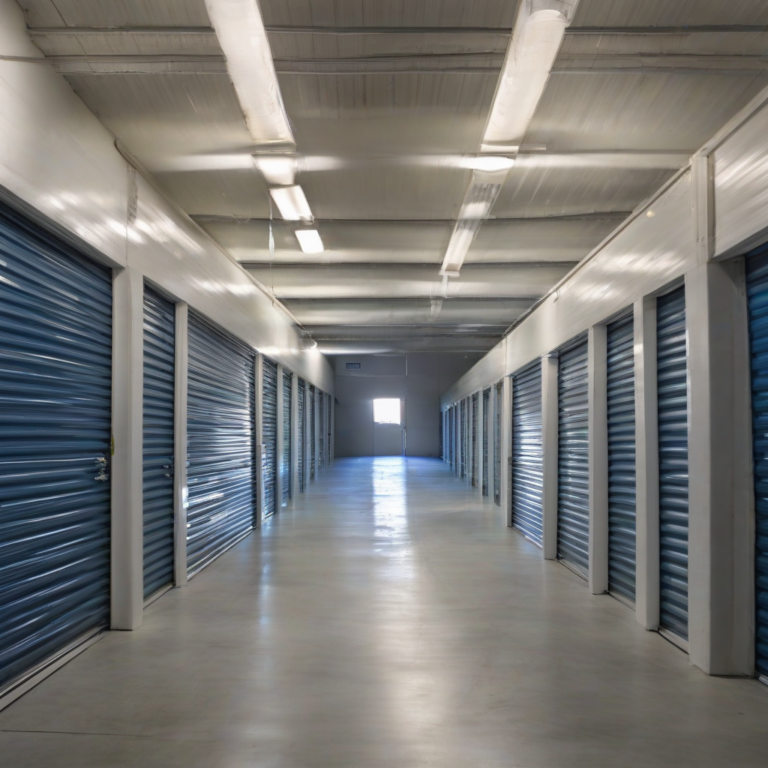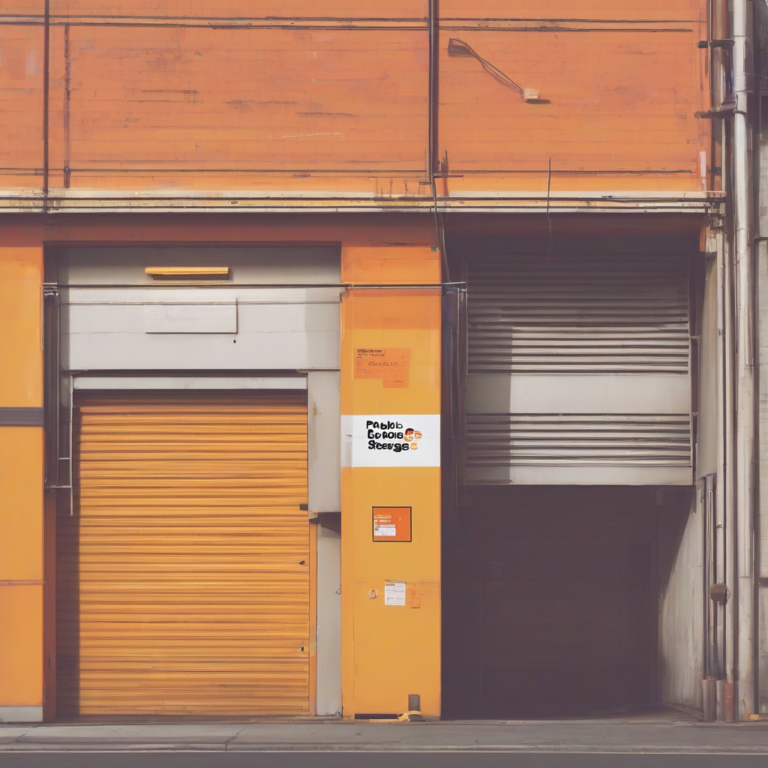Portable Storage Units: Your Ultimate Guide to Convenient and Secure Self-Storage Solutions
Portable Storage Units: Your Ultimate Guide to Convenient and Secure Self-Storage Solutions
Portable storage units, also known as portable storage containers, offer a flexible and convenient alternative to traditional self-storage facilities. They provide a secure, on-site storage solution that eliminates the hassle of transporting your belongings to a distant storage facility. This comprehensive guide will delve into the various aspects of portable storage units, from their benefits and features to the selection process and cost considerations.
Understanding Portable Storage Units
Portable storage units are essentially large, weather-resistant containers that can be delivered directly to your location. They come in various sizes, catering to different storage needs, from small closets to large rooms full of furniture. These units are typically made from durable steel, offering robust protection against the elements and potential damage.
- Key Features: Most portable storage units boast features such as lockable doors, reinforced steel construction, and weather-resistant seals, ensuring the safety and security of your stored items.
- Size Variations: Units are available in a wide range of sizes, measured in cubic feet, allowing you to choose the perfect fit for your storage needs. Smaller units are suitable for smaller items and decluttering projects, while larger units can accommodate furniture, appliances, and entire household contents.
- Delivery and Placement: Companies specializing in portable storage will deliver the unit to your desired location, often using specialized transport vehicles. Placement is typically straightforward, requiring minimal space and access.
- Accessibility: You have direct access to your belongings throughout the rental period, eliminating the need to visit a storage facility.
Benefits of Using Portable Storage Units
Portable storage units offer numerous advantages over traditional self-storage, making them an attractive option for a wide range of storage needs.
- Convenience: The most significant advantage is the convenience factor. The unit is delivered to your doorstep, eliminating the time and effort of transporting your belongings.
- Accessibility: You have 24/7 access to your items, unlike traditional storage facilities that may have limited operating hours.
- Security: Portable storage units offer a high level of security, with features such as lockable doors and sturdy construction, minimizing the risk of theft or damage.
- Cost-Effectiveness: While initial costs may seem comparable to traditional storage, the elimination of transportation costs and potential mileage fees can make portable storage a cost-effective solution, especially for large moves or extensive storage needs.
- Flexibility: Portable storage units can be rented for short or long terms, offering flexibility for both short-term projects and long-term storage solutions. This makes them ideal for temporary situations like home renovations, moves, or seasonal storage.
- On-site Storage: The ability to store items directly on your property provides peace of mind, particularly if you’re concerned about the security of your belongings.
Choosing the Right Portable Storage Unit
Selecting the appropriate portable storage unit requires careful consideration of several factors to ensure it meets your specific needs.
- Size: Accurately assess the amount of space required. Measure the items you plan to store to determine the necessary cubic footage. Consider allowing extra space for efficient packing and organization.
- Rental Period: Determine the duration you’ll need the unit. Rental agreements typically vary from short-term to long-term options. Understand the pricing structure and potential discounts for longer rentals.
- Features: Compare the features offered by different companies. Check for aspects such as weather resistance, security features (locks, alarms), and the condition of the unit itself.
- Company Reputation: Research different portable storage companies. Check customer reviews and ratings to assess their reliability, customer service, and overall reputation.
- Delivery and Pickup: Confirm the company’s delivery and pickup process. Understand any restrictions regarding accessibility, location, and potential additional fees for difficult locations.
- Insurance: Inquire about insurance options. Determine whether the company offers insurance coverage for your stored items in case of damage or loss.
Cost Considerations for Portable Storage Units
The cost of renting a portable storage unit varies depending on several factors. Understanding these factors will help you budget effectively.
- Unit Size: Larger units naturally cost more to rent. The pricing usually increases incrementally with the size of the unit.
- Rental Duration: Longer rental periods often come with discounts. However, short-term rentals may be more expensive per month.
- Location: Delivery and pickup costs can vary based on your location and the distance from the storage company’s facility.
- Additional Services: Some companies offer additional services, such as packing supplies, insurance, and extended delivery options, which can add to the overall cost.
- Taxes and Fees: Be aware of any applicable taxes, delivery fees, pickup fees, and other potential charges.
Comparing Portable Storage to Traditional Self-Storage
When deciding between portable storage and traditional self-storage, consider these key differences:
- Accessibility: Portable storage offers 24/7 access, while traditional storage facilities have specific operating hours.
- Convenience: Portable storage eliminates the need to transport your belongings, offering greater convenience.
- Cost: While initial costs might be similar, portable storage can save on transportation expenses.
- Security: Both options offer varying levels of security, depending on the facility and the unit’s features.
- Flexibility: Both options provide varying degrees of flexibility in terms of rental duration.
Using Portable Storage for Specific Situations
Portable storage units are versatile and can be used for various situations:
- Moving: Ideal for temporary storage during a move, allowing you to pack and unpack at your own pace.
- Home Renovations: Provides secure storage for furniture and belongings during home improvement projects.
- Seasonal Storage: Perfect for storing seasonal items like holiday decorations or summer/winter clothing.
- Decluttering: Offers a convenient way to declutter your home and store items temporarily before deciding on their fate.
- Business Storage: Can be used by businesses for storing inventory, equipment, or documents.
Safety and Security Tips for Portable Storage
To ensure the safety and security of your belongings, consider these tips:
- Proper Packing: Pack items carefully to prevent damage during transport and storage. Use appropriate packing materials to protect fragile items.
- Inventory List: Create a detailed inventory of your stored items, including descriptions and photos, for insurance purposes.
- Secure Locking: Use strong locks to secure the unit’s doors and ensure they are properly locked at all times.
- Regular Inspections: Periodically check on the unit’s condition and the security of your belongings.
- Insurance Coverage: Consider purchasing insurance to protect your items against damage or loss.
Finding Reputable Portable Storage Providers
When searching for a portable storage provider, consider these factors:
- Online Reviews: Check online reviews and ratings to assess customer satisfaction and the company’s reputation.
- Licensing and Insurance: Verify that the company is properly licensed and insured to operate.
- Clear Contracts: Ensure you understand the terms and conditions of the rental agreement before signing.
- Customer Service: Assess the quality of customer service by contacting the company and inquiring about their services.
- Price Comparison: Compare prices from different providers to find the best value for your needs.
